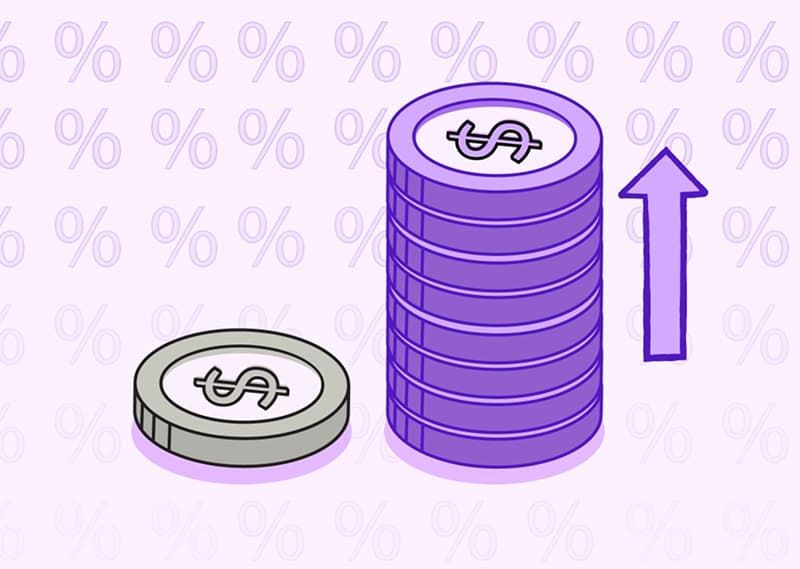What Really Happens to Your Body During the Sleep Cycle
Sleep. It’s often thought of as just knocking out for the night, but believe me, it’s way more than that. It’s a wild, bustling affair—filled with twists and flips that our bodies need to stay healthy, both kind of physically and up in the noggin. So understanding what goes down in there during sleep, well, that’s where the real story is. Let’s dive deep into that slumber phase and break down what’s really happening while we snooze, why the various stages ain’t the same.

The Architecture of Sleep: Cycles and Stages
Picture it this way: Your night’s sleep isn’t just a flat line but a rollercoaster of cycles you ride through. Each lasts about 90 minutes and typically, you’re gonna hit four to six of these loops. Each time through, you’ve got four separate stages, which we split into two big players: non-rapid eye movement—or NREM for short—and rapid eye movement, affectionately known as REM.
Non-REM Sleep
1. Stage 1 (N1) – The Gateway to Sleep
This first part of the journey is about as light as they come. From a minute to 7 minutes tops, this is when you gently meander from being awake into sleepytown. Brain waves slow. Your heart rate and breath settle down. Muscles get all cozy-feeling, even if the occasional twitch kind of interrupts. Your eyes will roll around slow-like. You can be easily awakened during this phase, often without realizing you were asleep.
2. Stage 2 (N2) – Light Sleep with Protective Mechanisms
Now we get a little deeper. This stage drags on, maybe 10 to 25 minutes early in the night. It gets longer in the next slots. Your heart has a snooze, breath slows even more, and body heat darts down. Those eye movements are gone. Brain’s still relaxing, but it flashes here and there with bursts called sleep spindles and K-complexes. That’s what gives your defenses a bump against a noisy world out there.
3. Stage 3 (N3) – Deep, Restorative Sleep
N3, 20 to 40 minutes first up, but it starts to shrink later on. It’s such a deep hold, you gotta wrestle to wake up from this one. Everything—heart rate, breath, and muscle action—all go down to the lowest end. Brain waves even drop down way low, turning into delta waves. This state is like the heavyweight title of sleep. Major virtues trade here: your body simply starts repairing, the immune system gets a workout, energy’s refilled, and it helps lock memories and shake up creativity—perfect for brainstorming inspirations.
REM Sleep: The Dream Stage
Finally, we pull into REM. Wrapping up each cycle, it’ll hang around for 10 to 60 minutes long and stick out a bit more as things stretch into nighttime. During REM, it’s all action:
1. Brain activity resembles wakefulness, with rapid, irregular brain waves.
2. Breaths start coming fast and irregular, heart picking up much again, hovering near wake levels.
3. That’s where the dreams get vivid and crazy while losing your physical moves with muscles getting jittery but still fully at rest.
4. All in all, REM’s vital. It keeps our emotions in check, sifts through memories, and helps us learn faster. Mess with this part of sleep, you’re just asking for problems.
What Happens to Your Body During Sleep?
Across your cozy sleep fortress, profound transformations take place across systems:
1. Cardiovascular System: Heart chillaxes during NREM, particularly in the deep stretch, lowering blood pressure. As it gently regains strength, anything pint-sized ain’t gonna worry you as it keeps you ready and younger. If let’s say, REM strikes, heart zoops into sped-up patterns now and then. Good night’s work helps heal up blood vessels, taking down inflammation—real benefits or heart peace.
2. Respiratory System: Breaths slow and find the groove during NREM, drifting to slight drama in REM’s domain. But whoops, if you catch obstructive sleep apnea riding in, you’re coming out of rest-space all jagged and risky.
3. Immune System: Sleep promotes the production of infection-fighting substances such as antibodies and cytokines. Lack of sleep weakens immune defenses, increasing susceptibility to illness and prolonging recovery times.
4. Endocrine System: Hormones like the stars align during dreamland. Growth spurts and quick-trigger metabolisms shine bright at night. Growth hormone takes the grand applause driving back improvement while deprivation will shove you foul, pushing obesity, or flipping moods into dire spots.
 Disclaimer:
Disclaimer:
The content provided on our blog site traverses numerous categories, offering readers valuable and practical information. Readers can use the editorial team’s research and data to gain more insights into their topics of interest. However, they are requested not to treat the articles as conclusive. The website team cannot be held responsible for differences in data or inaccuracies found across other platforms. Please also note that the site might also miss out on various schemes and offers available that the readers may find more beneficial than the ones we cover.
Featured Articles
-
 Automotive
AutomotiveUnwritten Rules for Buying a Used Pickup Truck
-
 Health & Wellness
Health & WellnessEffective Homemade Detox Drinks for Weight Loss and Wellness
-
 Finance
FinanceThe Power and Need for High- Yield Savings Accounts
-
 Automotive
AutomotiveUnlock the Benefits of Oil Change Coupons for Drivers
-
 Automotive
AutomotiveA Full Handbook of Vehicle Fire Extinguishers for Every Safe Drive
-
 Automotive
AutomotiveWhat’s the Big Deal with Ceramic vs. Organic Brake Pads? Which Type is Hard on Rotors?




